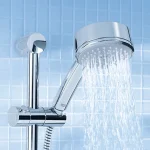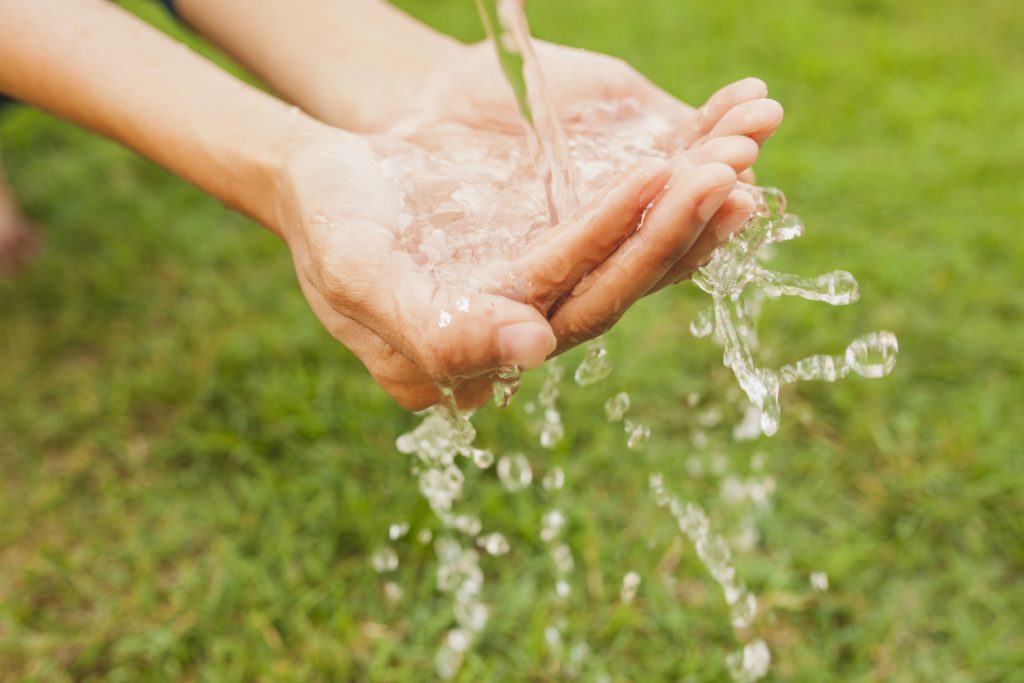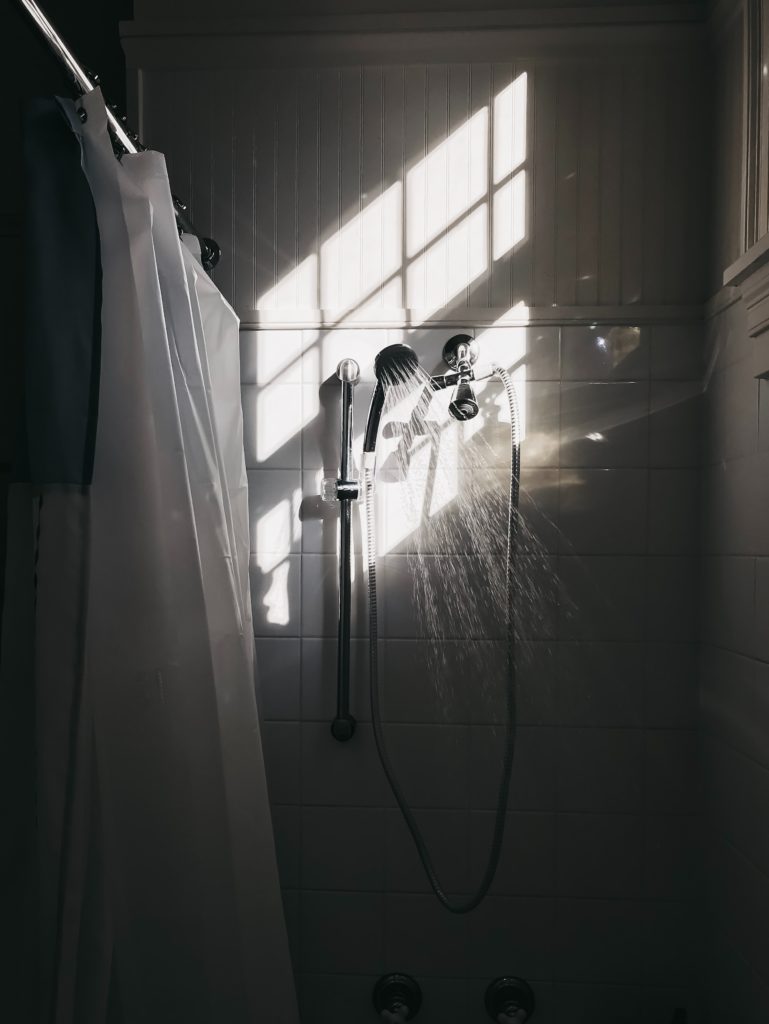

The numbers that Spain’s National Statistics provides us are demolishing: The average water consumption of a Spanish citizen when at home is 133 liters daily, while a tourist’s consumption exceeds 800 liters a day, and even more than that according to some studies. If we want to have a tourism that’s sustainable over time, we have to introduce water saving systems.
Spain is one of the major receivers of tourists around the world. In fact, in 2018, we took second place with more than 83 million tourists.
Can you imagine that all hotels, hostels, lodges, and residences dedicated to tourism would responsibly reduce water consumption using saving systems? Precisely, thousands of hectoliters would be saved and resources would evidently be preserved in a country like Spain that’s exposed to drought and to the effects of global warming.
Water stress from tourism-receiving regions
It’s not the time for words anymore, but rather of actions. Also, reducing the consumption stops from being a praiseworthy aspiration anymore, but rather becomes a moral obligation. If it doesn’t rain enough, the wisest thing to do is to consume less water.
According to the World Health Organization, taking a shower 5 minutes a day is more than enough. Extending that time is harmful for the skin. In a 5-minute shower, 60 liters of water are consumed.
Thus, if that provision by the WHO is hard for us to do when we are at home, the more when we become tourists where we totally forget any precaution. In fact, it’s confirmed that in many occasions, the tourist can reach up to one hour under the water. In this case, water consumption from a shower can exceed 600 liters. The calculation is simple, with auto-closing shower timers, we can reduce the consumption to not more than 60 or 70 liters per shower. Multiplying this by 83 million tourists, we have the huge water saving that we will get by restricting the maximum water usage time.

Energy saving implies a relief for the economy
Though saving water in the shower has another big advantage: when saving water, the energy necessary to heat it up is also saved. And this comes from electric or gas consumption from any residence or hotel establishment, up to huge costs, for example, that involves having a big desalination – this happens above all in the Canary Islands- with full efficiency in the large part of the year.
If we take into account the inflation of energy prices that the war in Ukraine has caused and also threatens to stress much more, the energy costs shoot up along with the prices of gasoline, gas or electricity that we have never seen until now, we have another more compelling reason to bet on controlling showers.
To end this chapter, according to Spain’s Hotel Technical Institute, the water cost is estimated between 6% and 12% of the fixed expenses of a hotel. And in some cases, that is a very high quantity that may be resolved by taking appropriate measures.
In Arelia, we conclude that, particularly in the tourism sector, strong water saving measures have to be betted on. Our economy can’t wait any longer.

Payment and shipping